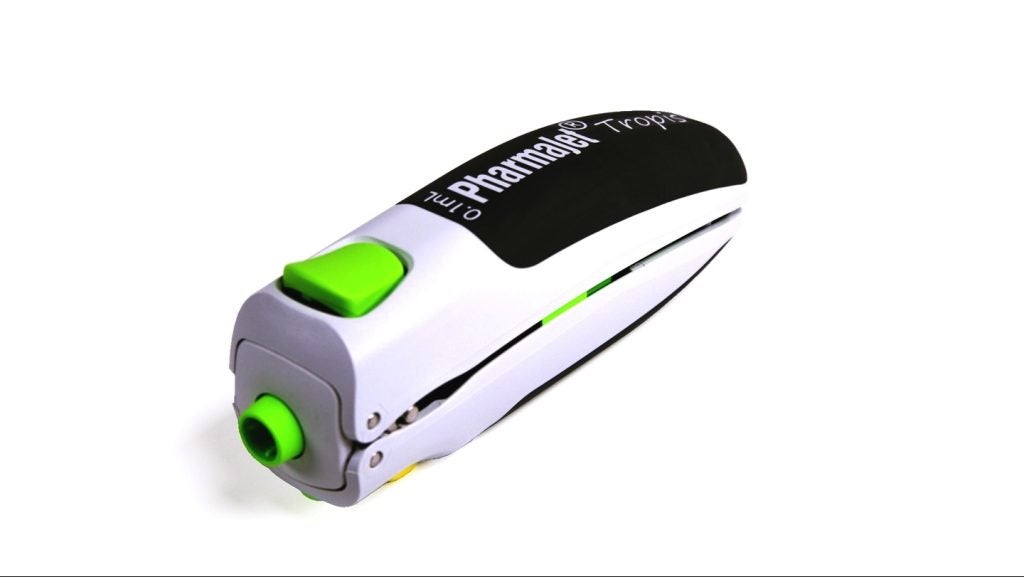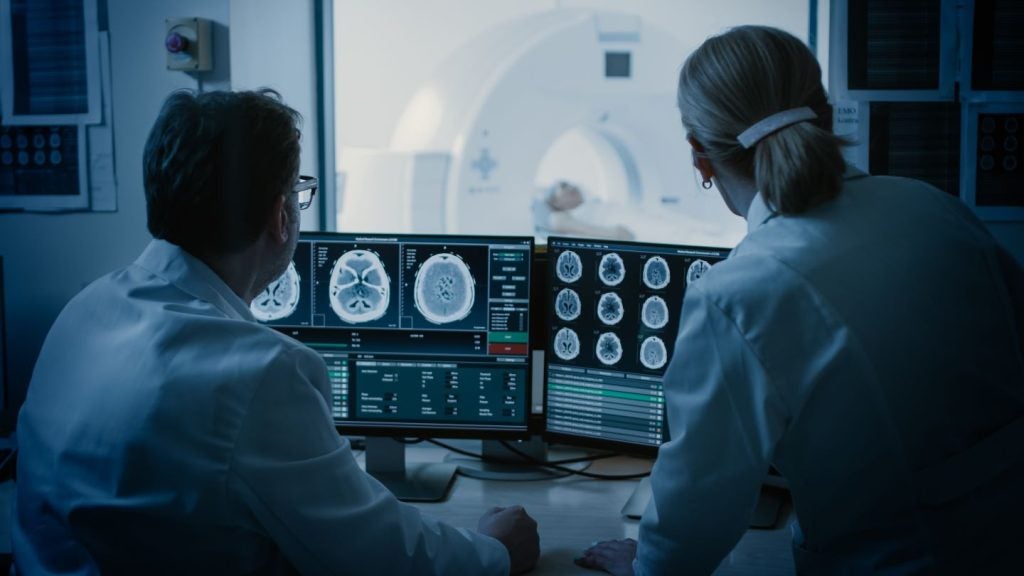
Research team at the University of Manchester in the UK has refined their machine learning technique, Linear Poisson Modelling, to analyse the effect of a cancer treatment.
The approach was originally developed to evaluate images of the craters and dunes found on Mars. It has been designed to look for any errors or uncertainties in observations.
When applied to tumour samples, the technique is reported to have demonstrated four times better accuracy in tumour change measurements that identified the beneficial effects of therapies.
Usually, scientists will have to use many samples and measure average changes in cancer cells in order to observe the treatment effects because different parts of tumours change at different speeds.
Even then, it is difficult for them to assess the exact effects required to consider personalised therapy.
Manchester Cancer Research Centre, Imaging head Dr James O’Connor said: “Every person’s cancer is unique, which can make treating the disease challenging as a drug that works for one patient might not work for someone else.
How well do you really know your competitors?
Access the most comprehensive Company Profiles on the market, powered by GlobalData. Save hours of research. Gain competitive edge.

Thank you!
Your download email will arrive shortly
Not ready to buy yet? Download a free sample
We are confident about the unique quality of our Company Profiles. However, we want you to make the most beneficial decision for your business, so we offer a free sample that you can download by submitting the below form
By GlobalData“That’s why we’re increasingly looking at finding new ways to make treatment more personal, and this innovative work could be a step towards that goal.”
The Linear Poisson technology learns patterns and their changes and evaluates effects of errors within data, then offers output predictions on the precision of its results.
This improved modelling, thus, requires fewer samples in order to deliver ‘highly accurate results’.
University of Manchester Division of Informatics, Imaging & Data Sciences researcher Dr Neil Thacker said: “This has important implications for research, meaning that instead of using 16 mice, in some studies only one is needed. This could help reduce the use of lab mice in medical research.
“It also opens up the potential for this technique to be used in patients by quickly and confidently identifying if drugs are having a specific effect on their tumours.”





